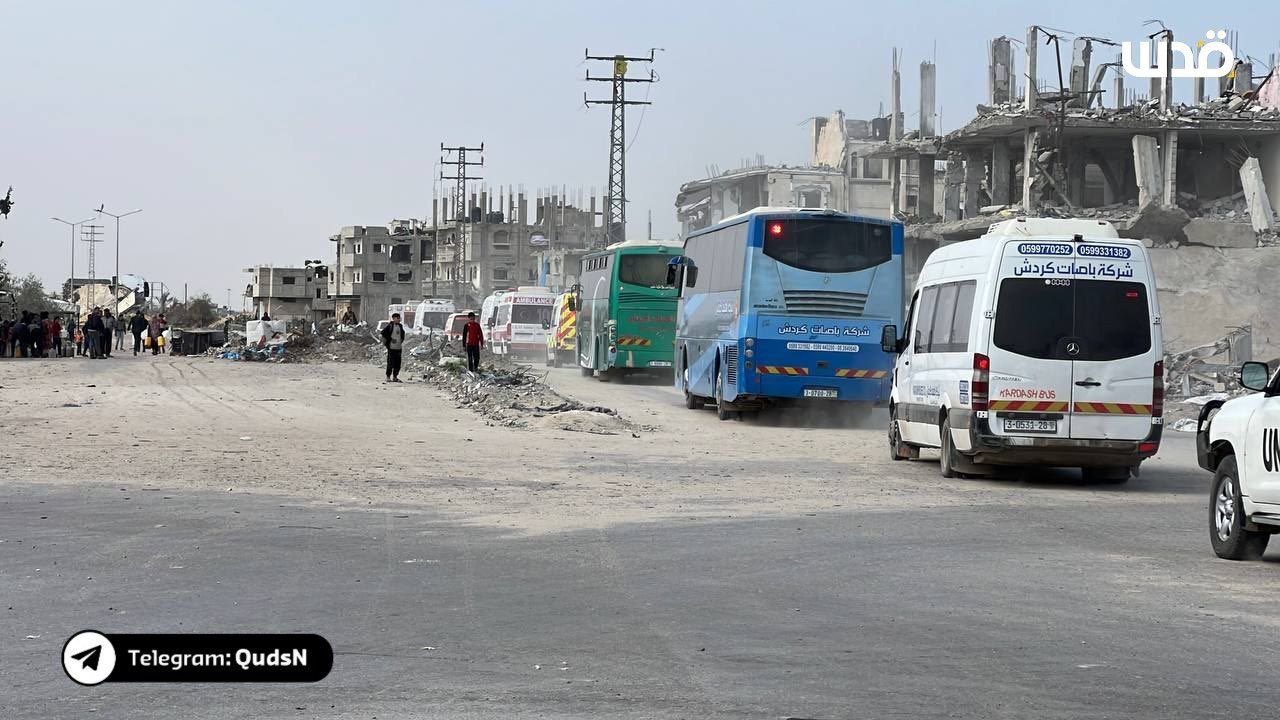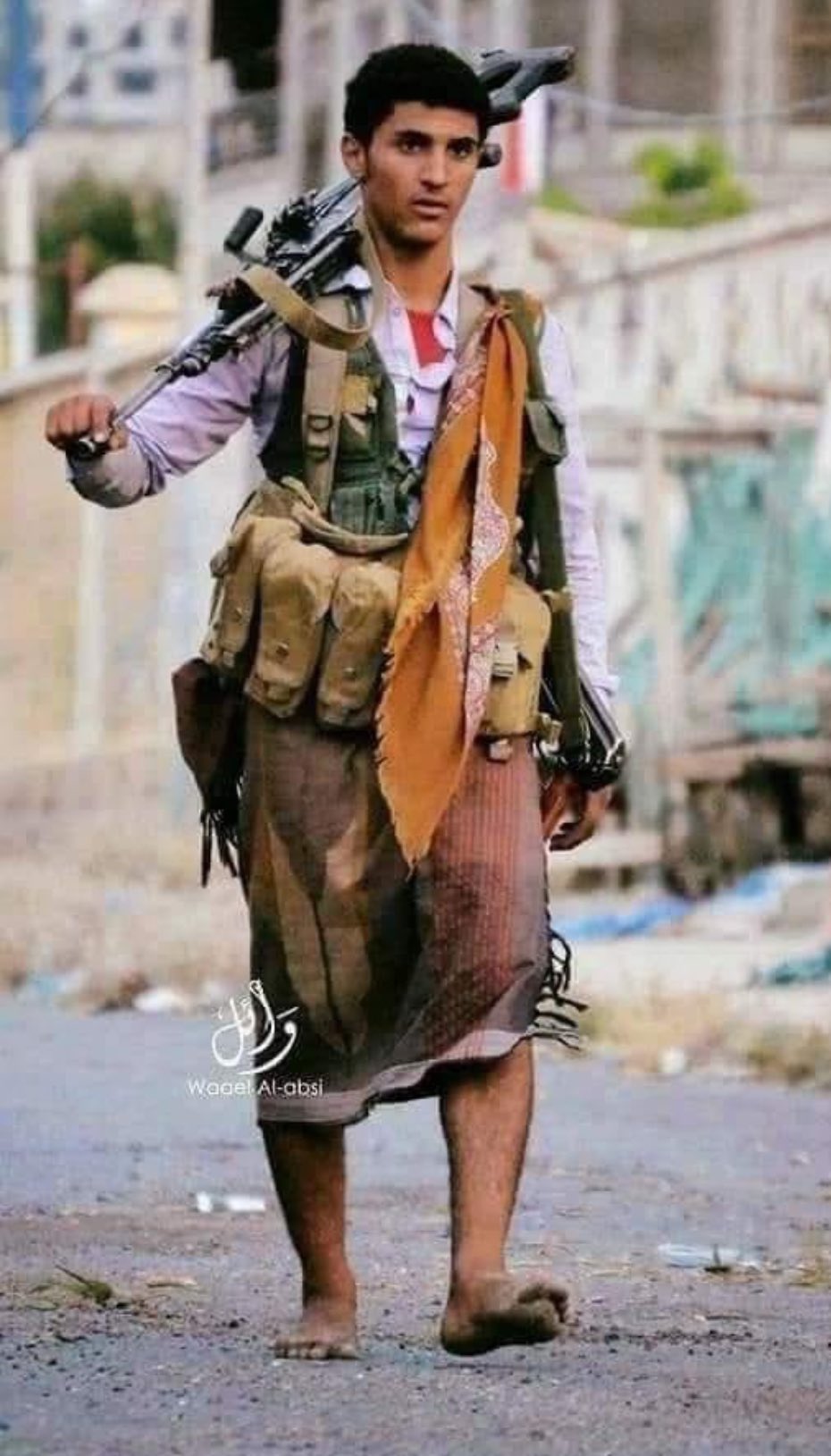
Israel’s decision to cut off all humanitarian aid to the Gaza Strip until further notice is deeply concerning. This dangerous escalation exacerbates the ongoing humanitarian crisis and weaponises starvation as a tool of genocide. The decision coincides with increasingly inflammatory statements by Israeli officials, underscoring a deliberate intent to continue Israel’s crime of genocide by depriving Palestinians of their most basic needs and imposing conditions that threaten their survival.
The Israeli government announced on Sunday a total blockade on humanitarian aid to the Gaza Strip, shutting all border crossings. Prime Minister Benjamin Netanyahu also publicly declared plans for “further consequences,” disregarding the dire humanitarian crisis affecting over two million people.
Humanitarian aid is a fundamental right of civilians under international humanitarian law, with no exceptions, and there is no legal justification for Israel to deny Palestinians access to essential aid. Israel is not only using humanitarian aid as a bargaining chip for political and military gain, but is also deliberately enforcing a policy of systematic starvation, creating life-threatening conditions designed to make survival in the Gaza Strip impossible.
Israel’s repeated statements announcing its full coordination with the United States administration, which has explicitly stated its intention to displace the Strip’s entire population, confirm that the crimes of starvation and blocking of humanitarian aid are not isolated incidents or negotiating tools. Instead, they are part of a deliberate plan aligned with the US strategy to forcefully displace and depopulate the Gaza Strip.
Euro-Med Monitor warns that statements by Israeli ministers and Knesset members reveal a premeditated intent to exterminate the Palestinian population in the Gaza Strip. International silence has allowed Israel and the US to move beyond threats and implement the total cut-off of humanitarian aid, advancing the 16-month genocide through blockade and starvation, with apparent impunity.
Most of the statements made by senior Israeli officials, including one on opening “the gates of hell” on the enclave and blocking all humanitarian aid to its residents, coupled with Israel’s actions on the ground, amount to direct and public incitement to genocide. Israeli Finance Minister Bezalel Smotrich declared that halting the entry of humanitarian aid into Gaza is an “important step in the right direction,” further stating that Israel must “open those gates as quickly and lethally as possible on the cruel enemy, until absolute victory”.
Israeli Foreign Minister Gideon Sa’ar dismissed warnings from the United Nations and international organisations regarding the risk of renewed famine in the Gaza Strip amid the tightened blockade and halting of humanitarian aid. Sa’ar said he considered these warnings to be “just a lie” and affirmed that the Israeli government has no commitment to delivering humanitarian aid.
Additionally, Israeli Knesset member and former Minister of National Security Itamar Ben-Gvir has declared that now is the best time to “open the gates of hell” and cut off electricity and water supplies to the Gaza Strip, urging continued efforts to implement plans for the forcible displacement of its residents. Israeli Knesset member Almog Cohen urged Israeli forces to kill Palestinians in Gaza “with no mercy” during the holy month of Ramadan, saying it “is the best time to kill them because they are weak and tired”.
The intention to commit genocide has been publicly expressed by the Israeli government and members of the mainstream Israeli media since the beginning of the genocide in Gaza on 7 October 2023, and even before that. Israeli Minister of Religious Services, Matan Kahana, previously voiced his wish to be able to “press a button” to expel all Palestinians. Following 7 October, genocidal rhetoric surged and making statements containing such rhetoric became a daily routine for senior Israeli officials, including the infamous statement by former Israeli Defence Minister Yoav Gallant: “We are imposing a complete siege on Gaza. There will be no electricity, no food, no water, no fuel, everything will be closed. We are fighting human animals, and we are acting accordingly.”
The inflammatory statements by Israeli officials could pave the way for an escalation of the genocide in the Gaza Strip, including in the conditions Israel has created to cause the physical destruction of the Palestinian population in whole or in part. The deliberate worsening of these conditions is being implemented through the ongoing blockade and denial of humanitarian aid, following over 15 months of relentless aggression targeting civilian facilities, infrastructure, hospitals, schools, and all aspects of daily life.
Israel’s blocking of humanitarian aid constitutes a war of starvation against the residents of the Gaza Strip, as they are entirely dependent on this aid for sustenance. Notably, the United Nations confirmed three days ago that there are many difficulties in delivering aid to residents of the Strip, and that the humanitarian conditions there have reached catastrophic levels.
Not only did Israel inflict widespread killing and massive destruction on the Gaza Strip for over 15 months, but it continues to implement policies that will effectively lead to the death of the Palestinian population without swift international intervention. This includes the ongoing Israeli policy of gradual killing of Palestinians through a comprehensive illegal blockade that obstructs the flow of humanitarian aid and essential materials, prevents the repair of vital infrastructure, and halts the provision of basic services necessary for the population’s survival.
Euro-Med Monitor emphasises that this Israeli policy can only be interpreted as a deliberate act of genocide as defined by the 1948 Convention on the Prevention and Punishment of the Crime of Genocide, which prohibits imposing living conditions on a group with the intent to destroy it, in whole or in part. Despite the ceasefire, Israel has continued to create conditions likely to result in the physical destruction of Palestinians in the long term, given the comprehensive nature of its actions, which affect all aspects of Palestinians’ lives, particularly due to the prolonged duration for which they have been subjected to such conditions.
All relevant states and entities must fulfil their legal responsibilities and take immediate action to halt the genocide in the Gaza Strip, compel Israel and the United States to adherence to international law, and implement effective measures to protect Palestinians from US-Israeli plans of slow killing and forced displacement. This includes activating an urgent response to meet the immediate needs of the population, resuming the unrestricted entry of all humanitarian aid, removing any blockades or restrictions that hinder ongoing relief efforts, and ensuring the provision of essential services such as healthcare, water, education, and temporary, adequate housing.
Euro-Med Monitor urges the international community to fulfill its legal and humanitarian responsibilities by ensuring the implementation of the International Court of Justice’s ruling on 28 March 2024. This includes the issuance of precautionary measures requiring Israel to take necessary and effective actions, in cooperation with the United Nations, to guarantee the unobstructed and timely entry of aid into the Gaza Strip, in accordance with its obligations under the Genocide Convention.








